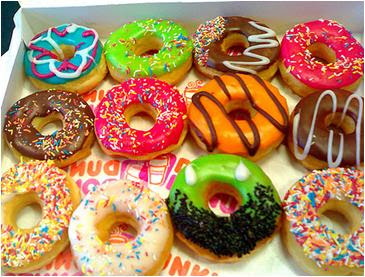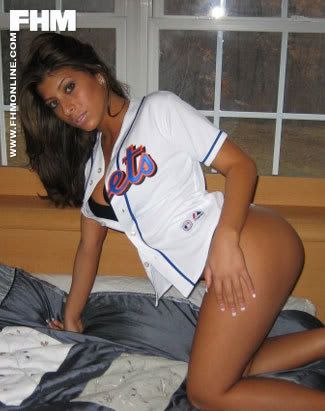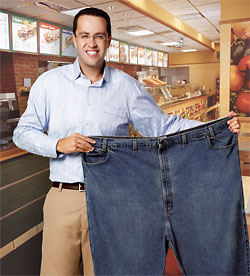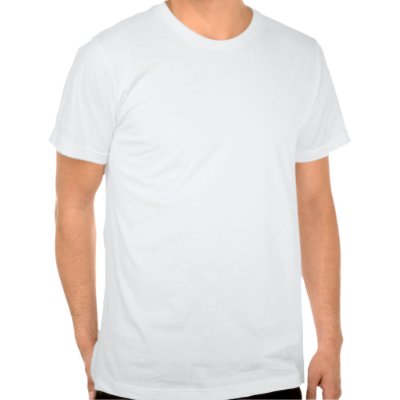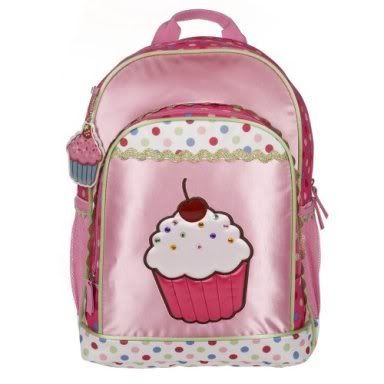
On Tuesday night, I met Darryl Strawberry. Ok, well I didn't meet him, but I did shake his hand. Darryl was a bit late, but when he got there he was very kind and pleasant. Darryl graciously "broke the rules" and offered to sign memorabilia for the crowd that gathered in the Los Angeles Barnes and Noble. You can't tell it from my pictures (bad chainstore lighting) but Straw looks good for a guy his age who has done as much damage to his body as he has. He has that recovering alcoholic blotchy skin thing going on, but before I saw my pictures, I was saying he looked better than I thought he would. He kind of glowed.

Darryl wasn't really my favorite 1986 Met, and I didn't really prepare for the encounter very well, as I would Keith Hernandez or something like that. In the 80s, my feelings for Darryl as a fan sort of blended in to the blur of Mets between Keith and Doc on the one hand, and Sisk and Teufel on the other. Don't ask me what Teufel ever did to me, I just didn't like him. Honestly, I didn't care for Ray Knight either. I became a Met fan right as Darryl was coming up and it was an exciting time for me. That sweet swing he had, he just
loped the ball right out of the place. And then he got real real tragic. Like
the value of our 80s baseball card collections and the Mets dynasty in general, the bottom just fell out.
So something kept me from getting too excited or bringing my fan A game. Maybe it was that I had to leave the Mets beating Atlanta in the 8th to go see Darryl, who was exactly as late as would have let me see the end of the game. Maybe it was because the last time I saw him, it was pathetic appearance on
Pros vs Joes where he stood on a platform to hit flyballs to contestants who gamely pretended they were intimidated ("that's pretty impressive Darryl"). Or maybe it was the Yankee thing.
Aside from bringing no memorabilia (a baseball would have been a smart move), I really had nothing. I made some pretty lame, unengaging small talk as he signed my book. And I didn't get up the guts to ask him to inscribe my book "
You're next" as I had dreamed up the night before, or even ask him if he really said that.
You see, Darryl is a big guy; as I learned when he walked by the signing line, he towered over me and I'm 6'2. Plus, he seems to have found peace and god and all that stuff--I could feel it-- so I didn't want to risk it bringing up my favorite legend about the 1989 team picture brawl. He covers it in the book (which I hadn't read before the signing) but it comes off a lot tamer.

The book itself is typical ghost written, subtly self-aggrandizing athlete fare. I don't know why these guys pay ghost writers if all they do is transcribe the athletes' direct verbiage into clumsy, overly conversational text. So I wouldn't counsel you to run out and read this particular book. If you have a low tolerance for Jesus stuff, the last 50 pages won't be your cup of tea either. You may want to buy it since a portion of the proceeds will go to a child autism organization and presumably, to keep Darryl off the streets. But since I read it, I figure I'll share
As I read the book, I couldn't help think that apparently, whatever program Straw has gotten help from encourages people to take responsibility for their actions, sort of. I read all the way to the end just to see if he finally owns up in a real way, and to see what program he endorses (it turns out to be the good lord--he claims that he no longer attends AA or NA because the meetings are lousy with sex fiends). The fact that his dad was a violent drunk with no interest in his kids is presented as the key to Straw's lifetime of bad behavior and as far as that takes us, it's probably to blame. His dad told him he'd never amount to anything, and drove the point home with ritual beatings and whipping sessions. But the theory loses some air for me when Darryl, like many of us, continually pins his life's problems on others out of one side of his (ghostwritten) mouth while owning up to them with of the other: his first marriage was his best man's fault, his signing with the Dodgers was his new agent's fault, etc. They are his mistakes he says, but usually only after he mentions the other culprits. Who knows if its ever really possible to take responsibility for one's actions in an ultimate sense, but Darryl has tried as much as any athlete, spoiled by talent and luck, can.
By his account, Darryl was a shy kid, who did well in school and was more interested in sports than chicks, that is, until his meteoric rise through major league baseball and his unfortunate with the alcohol and bad attitude-fueled, largely bad apples that were the mid-80s Mets. With no father figure to guide his decisions, Darryl falls in with the tough partying assholes at the back of the Mets charter plane, and acquires a drinking habit that will largely seal his fate. In a very real way, the Mets ruined this guy.
In 1991, after leaving the Met family and signing with the Dodgers (which he says was a big mistake) and finding LA boring and the fans passionless, Darryl starts smoking crack and is exposed to born-again community (the reader can decide which is worse). From clubhouse amphetamines with his morning coffee after an all-night binge with David Cone, to crack, coke, booze, unsavory ladies, and finally prescription pill addiction, Straw lays it all on the line. His body starts to break down early in the LA contract, and he is forced to go to rehab after rehab, trying to recover from injuries while feeding his addictions at the same time. The selfish destructive behavior he chronicles throughout the book is familiar to anyone who has an addict in their family: he burns through countless wives, stays in rehab, prison sentences, relapses, agents. He also faces the death of his mother, the death of his beloved agent, many divorces, and two bouts with cancer. Grim stuff.
But sometimes, Darryl is awfully hard to sympathize with. For one thing, he hit a lot of ladies. By my count, Darryl hit three different women, one of them pregnant, and sometimes he was brandishing a pistol. And his horizons just aren't that broad to extend the tragic scope of his book beyond the tragedy we already are familiar with. But well, he didn't have to make something of himself in the end either I suppose. I'm not going to begrudge Darryl his redemption, but Barkley's Law is timeless: athletes are not role models, and you have to be out of your mind to think so. This guy is at least trying.
As for Mets related stuff, fans won't find too much new here, although the lengths George Steinbrenner went to support Darryl were news to me, as was the role the Yankers organization played in his recovery years. By Darryl's account, Steinbrenner really stuck up for him and supported him long after it was reasonable to do so. I don't like to think much about his connection with three Yankees world titles, Jeter, and the rest. There is very little about Mets baseball here, and monumental historical Mets events get only passing mention.
However, as a side note related to current events, the book brings home the point that there was a qualitative difference between those beloved 80s Mets and the disappointing bunch of talented choir boys we have now. Even if you poo-poo heart, grit and the lazy 1990s-2000s sportswriting that spawned such fairy tales, you can't deny a few things after reading this book. The book presents a more partial, tame version of the familiar stories of Mets debauchery from "The Bad Guys Won," but is a reminder: these fuckers had an edge. Darryl and Cone playing drunk, Photoday brawls, Kevin Mitchell literally trying to commit homicide in every pile up, etc. There has to be a happy medium between actual criminals wear your laundry, and bland players on a team with so little personality they're prone to remark that they're not devastated after monumental historical collapses.
Does scrappiness matter? The debate rages among fanboys and Fire Joe Morgan disciples. The players, even those not brainwashed by on-air duties, seem to believe that hustle, grit and heart make a difference. But it also could be that hangovers make a player perform like nothing else, until it catches up with them. Straw puts a fine point on it when he describes the 1988 playoff let down against the Dodgers: "The difference this time was that the Dodgers were the scrappier ballclub. They had more fire in their bellies. And, who knows, maybe less beer" (p.107).
So believe it or not, Darryl Strawberry now lives somewhere in suburban St Louis, plays a lot of golf, does a lot of Jesus loving, a bit of instructing for the Mets, and fronts an admirable organization for autistic kids. He still smokes cigarettes. And he still has to go out of his way to avoid temptations. By the end of the book, its hard not to root for him again, seeing as he reconstructed his life (at least for now) and is doing some good in the world. In the book, Darryl claims to have found peace, and he certainly had a glow about him when I saw him this week. I hope he can keep it up.
Labels: baseball library Questek
